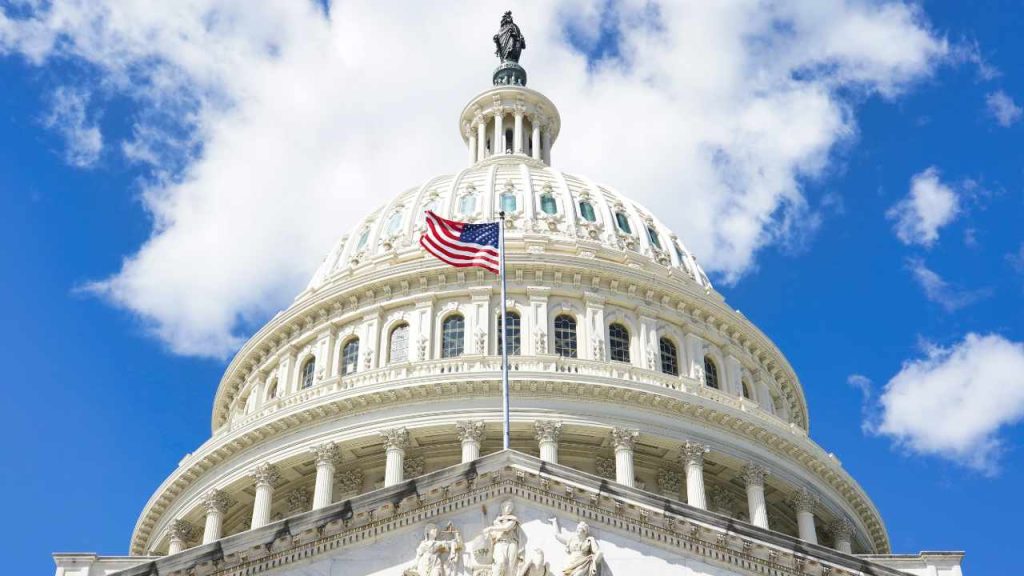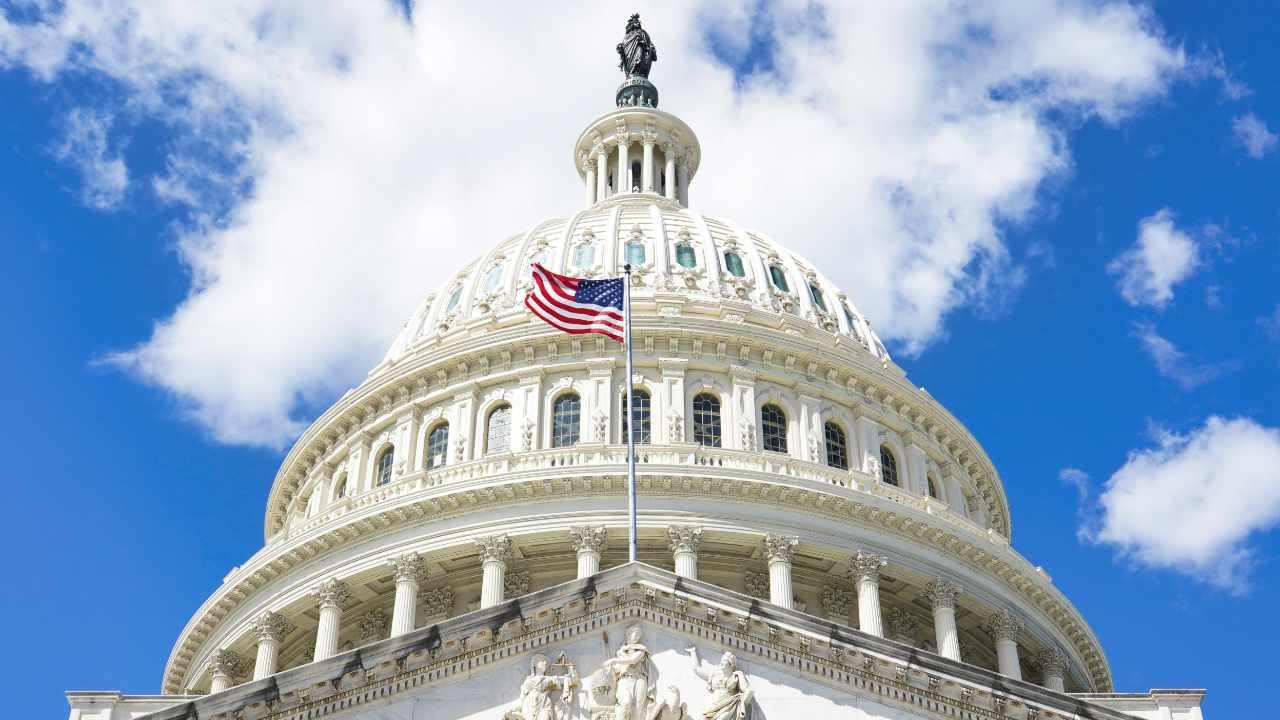
The ongoing congressional investigations and regulatory developments surrounding the “debanking” of cryptocurrency firms reveal a complex and evolving landscape at the intersection of finance, politics, and digital innovation. Federal authorities, including the Federal Deposit Insurance Corporation (FDIC), have come under intense scrutiny amid accusations that regulatory pressure, possibly driven by political motives, has led banks to sever or restrict relationships with crypto-related businesses. Understanding this issue requires an exploration of the political dynamics, regulatory frameworks, impacts on the crypto industry, and emerging legal and policy responses shaping the future of crypto banking in the United States.
The Political Context and Allegations of Regulatory Pressure
At the heart of the ongoing investigations, led by the U.S. House Committee on Oversight and Accountability with Chairman James Comer at the helm, is the allegation that federal regulators exerted undue influence on banks to disengage from cryptocurrency firms. Critics accuse agencies like the FDIC of employing tactics akin to a “choke point” strategy, reminiscent of prior federal approaches that pressured banks to withdraw services from politically disfavored sectors or clients. These allegations suggest that the decision to pursue crypto-related debanking may stem not solely from legitimate risk management concerns but also from activist pressures within financial institutions or outright governmental coercion. Such influence allegedly framed crypto activities under a suspicious lens, often highlighting “reputational risk” as a justification, thereby creating a chilling effect on banks’ willingness to service crypto businesses despite their legality.
Political voices, particularly Republican lawmakers, have framed these actions as politically motivated regulatory overreach designed to suppress or slow down innovation in the digital asset space. The investigations aim to uncover whether this dynamic led to discriminatory banking practices against lawful crypto participants, disrupting financial access for a growing sector of the modern economy. The political context is further complicated by the broader regulatory environment, where agencies like the FDIC have acknowledged past missteps. Acting FDIC Chairman Travis Hill openly criticized the agency’s earlier stance as effectively “closed for business” to banks interested in blockchain technology, signaling a potential repositioning. This shift indicates a recognition of the need for a more balanced approach to regulation that does not stifle innovation.
Regulatory Responses and Shifting Oversight Dynamics
Federal regulatory agencies have begun to acknowledge past missteps and are taking steps to reposition their stance on crypto-related activities. Recently, key regulators including the FDIC, Federal Reserve, and Office of the Comptroller of the Currency (OCC) have rescinded previous restrictive statements regarding crypto asset-related activities, offering a tentative green light for banks to re-engage in the space. This shift is part of a broader effort to create a more favorable regulatory environment for digital assets. However, the regulatory environment remains in flux. New bills such as the Fair Access to Banking Act are being proposed in Congress to mandate nondiscriminatory banking practices and impose penalties on financial institutions that categorically refuse to serve cryptocurrency clients without valid reasons. Similarly, the Senate Banking Committee and House Financial Services Committee are holding hearings to explore the nuanced causes behind crypto debanking, examining where regulatory caution ends and obstructive pressure begins.
Legislation like the Financial Innovation and Technology for the 21st Century Act (FIT 21) has made strides in creating clearer regulatory frameworks to balance innovation with oversight. Meanwhile, Congressional committees actively seek greater transparency, demanding unredacted communications from agencies like the FDIC to clarify if political considerations influenced their directives. These efforts are aimed at ensuring that regulatory actions are based on sound policy rather than political motivations. The shifting oversight dynamics reflect a growing recognition of the need for a more nuanced and balanced approach to regulating the crypto industry. As the regulatory landscape continues to evolve, it is crucial for agencies to provide clear guidance and support for banks that wish to engage with crypto businesses responsibly.
Impact on the Crypto Industry and Broader Financial Ecosystem
The practice of debanking poses significant challenges to crypto businesses, from startups to established firms, that rely on access to traditional banking services for operational sustainability. The sudden loss of banking relationships can cripple their ability to process payments, manage capital, and engage in everyday financial transactions, effectively isolating them from the broader economy. Crypto entrepreneurs and venture capitalists have voiced alarm, characterizing the situation as an “invisible war” against digital assets, where regulatory ambiguity and inconsistent banking policies create uncertainty and stifle growth. This banking exclusion has also raised concerns about competitive fairness, as some crypto firms with access to compliant banks may gain disproportionate advantage over peers facing debanking.
Despite these hurdles, positive developments like clarifications allowing banks to engage in certain crypto activities—such as crypto trading and custody—signal incremental progress. Lawmakers emphasize that a balanced approach to regulation can protect consumers and financial stability without imposing blanket prohibitions that undermine innovation. The impact of debanking on the crypto industry extends beyond individual firms, affecting the broader financial ecosystem. The uncertainty and lack of clear regulatory guidance have created a challenging environment for banks and crypto businesses alike. As the industry continues to evolve, it is essential for regulators and policymakers to work together to create a framework that fosters innovation while ensuring consumer protection and financial stability.
Navigating Legal Issues and Future Directions
The debate around crypto debanking also engages legal considerations related to discrimination and fair access. Questions loom on whether refusing banking services based on regulatory fears about reputational risk violates laws or constitutional protections for businesses operating legally. Furthermore, the unfolding political landscape adds layers of complexity. Congressional investigations are occurring amid broader calls for regulatory reform and clearer digital asset oversight protocols. High-profile crypto collapses, such as the FTX scandal, have intensified demands for accountability and oversight but have also fueled mistrust and political contention.
Looking forward, the path toward resolving the debanking issue involves several intertwined elements:
– Legislative clarity: Passing laws that define fair banking practices in the crypto context and limit discretionary regulatory pressure.
– Regulatory recalibration: Agencies continuing to update guidance to provide banks with confident frameworks for serving crypto businesses responsibly.
– – Transparency and accountability: Congressional oversight ensuring agencies act without political bias and maintain open communication.
– Industry adaptation: Crypto firms enhancing compliance, transparency, and risk management to meet banking partners’ expectations.
Conclusion: Toward a Balanced Financial Future for Crypto
The investigations into potential politically motivated attempts to suppress crypto-related banking activities highlight a pivotal moment in the evolution of the digital economy. While concerns over risk and regulatory compliance are valid, the evidence of undue political influence warrants scrutiny to uphold the principles of fair access and innovation. Restoring a healthy equilibrium will require concerted efforts from policymakers, regulators, banks, and the crypto industry itself. Ensuring that financial institutions can serve lawful crypto businesses without fear of arbitrary pressure is crucial for fostering a vibrant, secure, and inclusive financial ecosystem. As reforms advance and transparency increases, the United States can set a precedent for balanced, forward-looking regulation that embraces technological progress rather than stifles it. The future of crypto banking in the United States hinges on the ability of all stakeholders to work together to create a regulatory environment that supports innovation while protecting consumers and maintaining financial stability.





